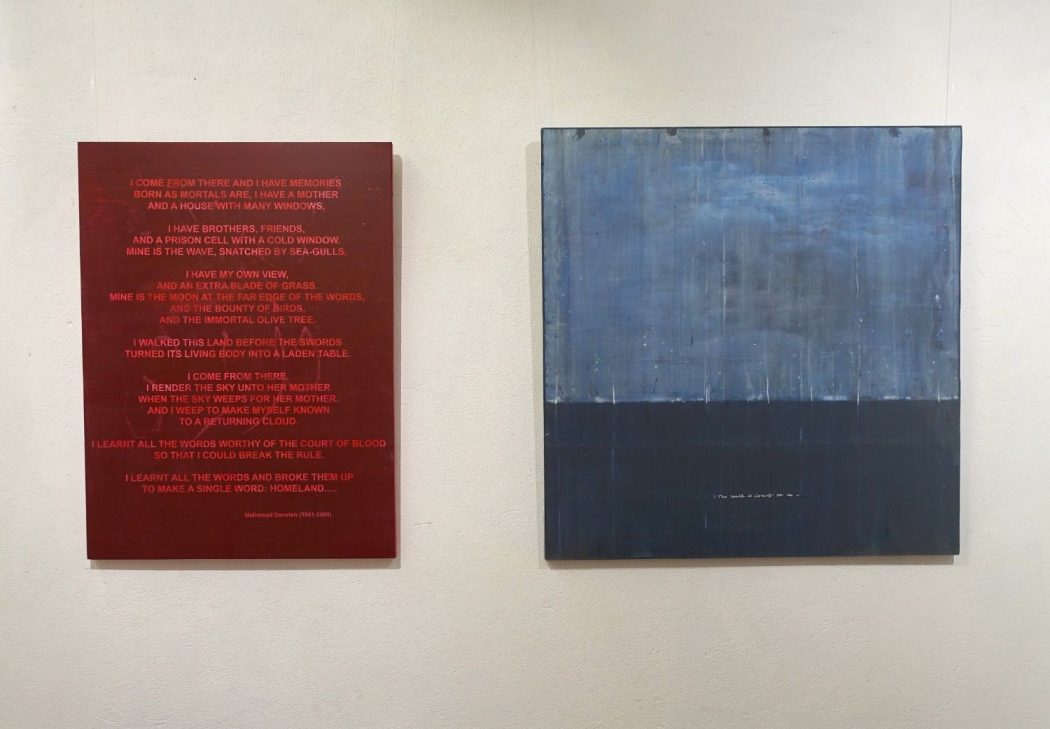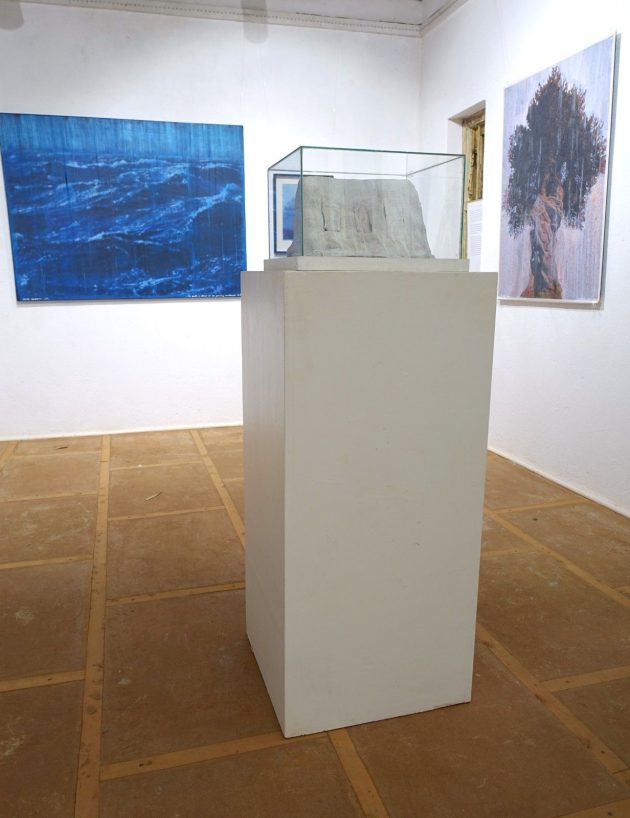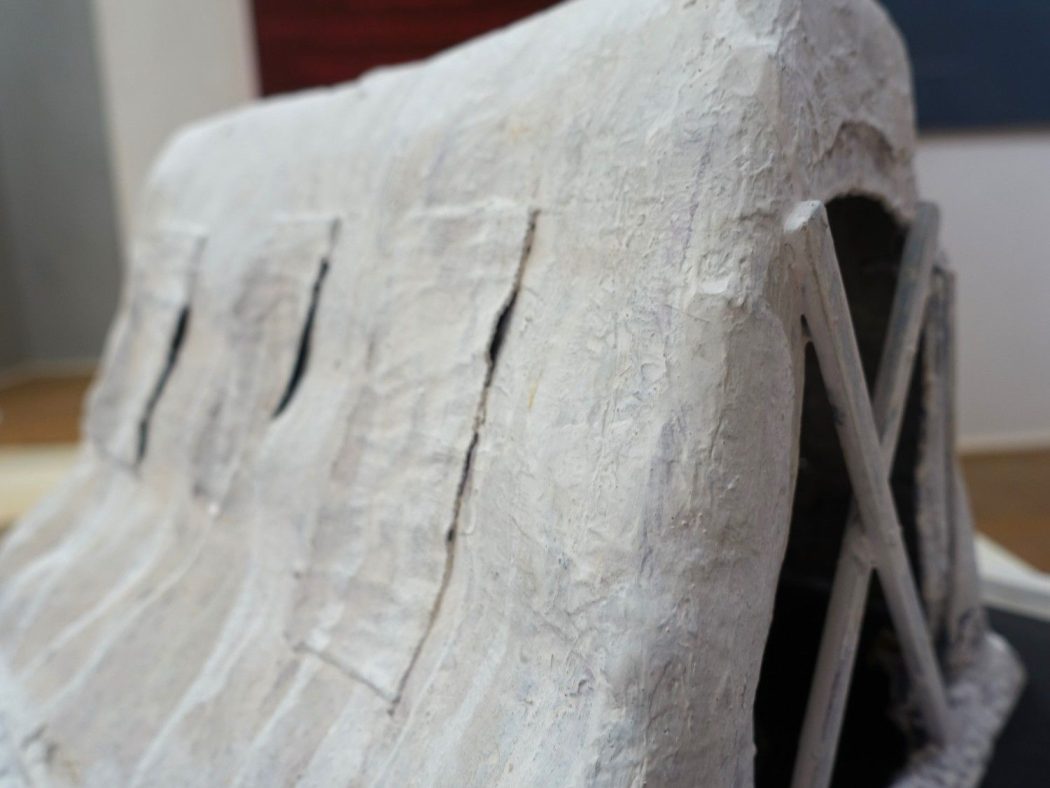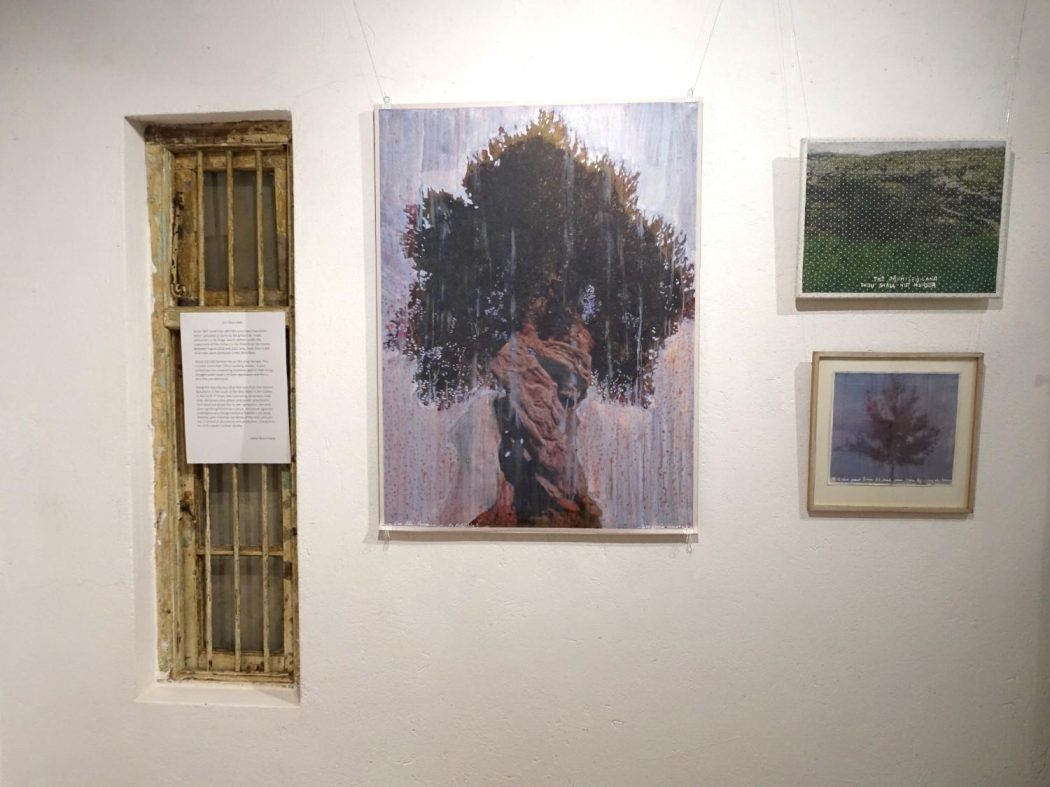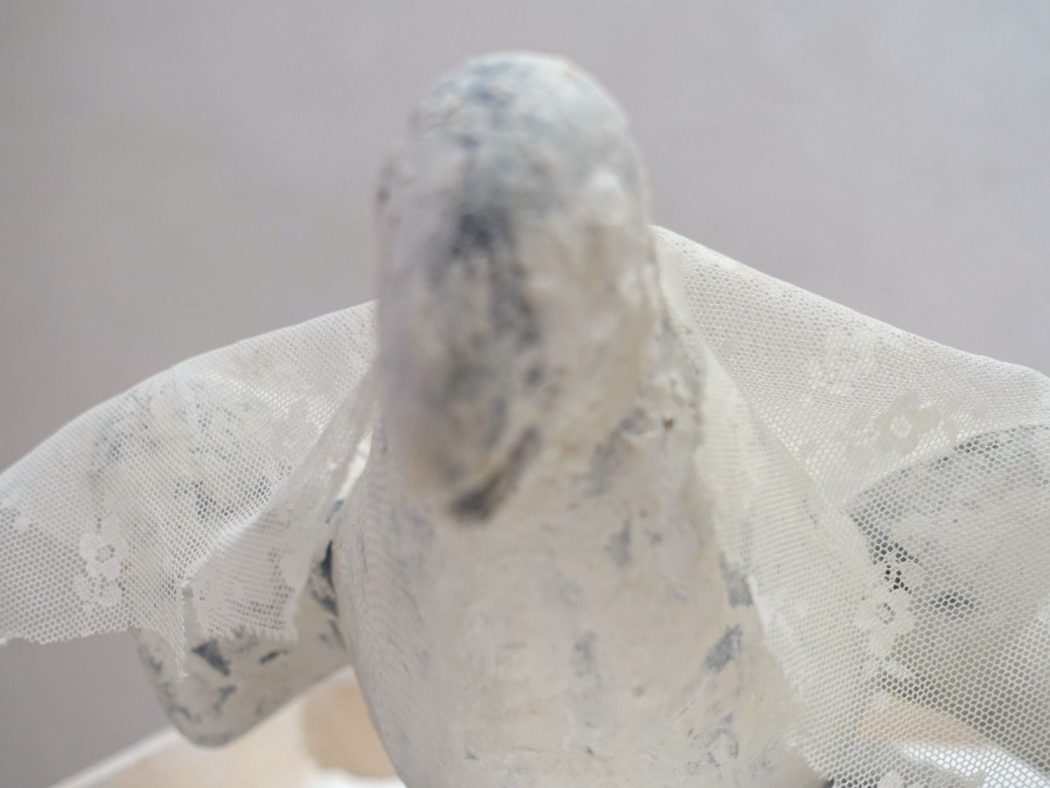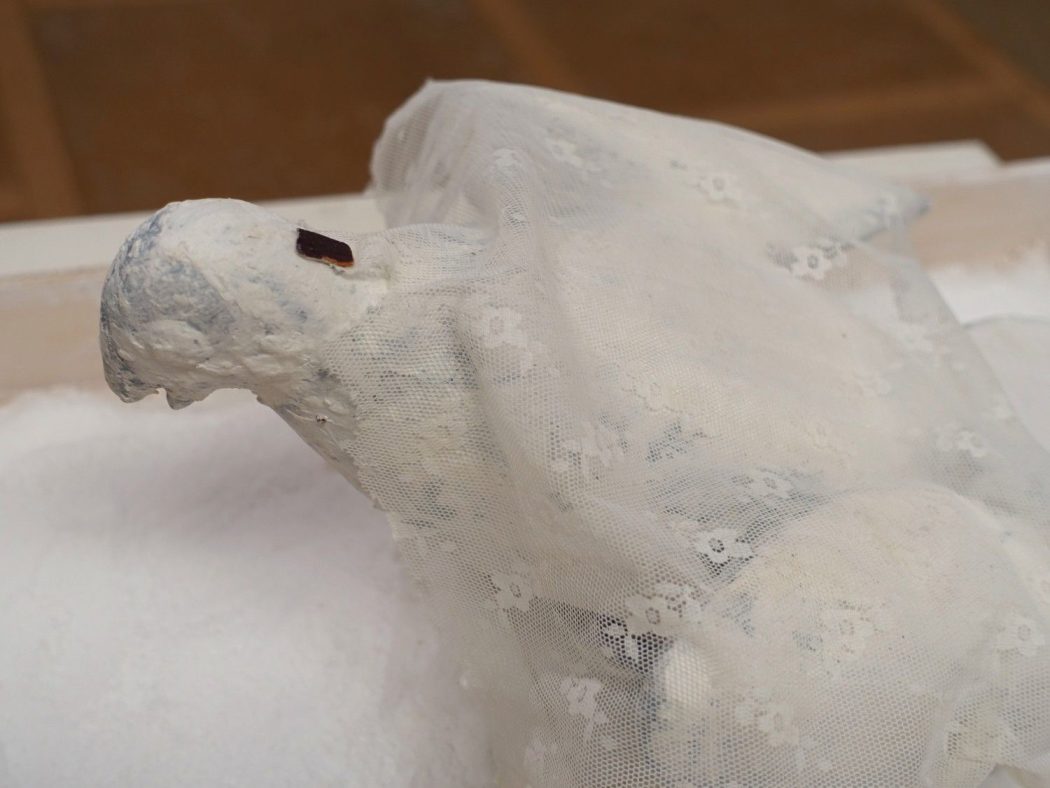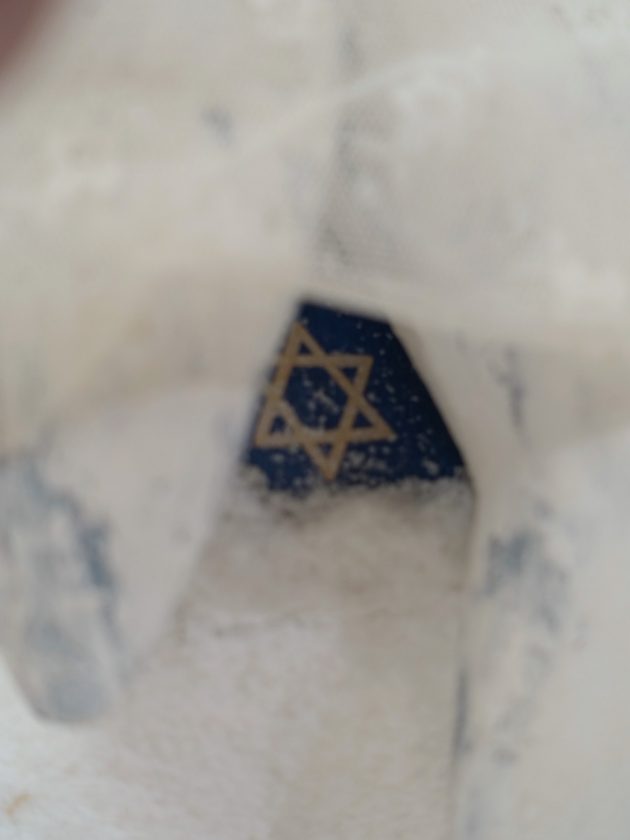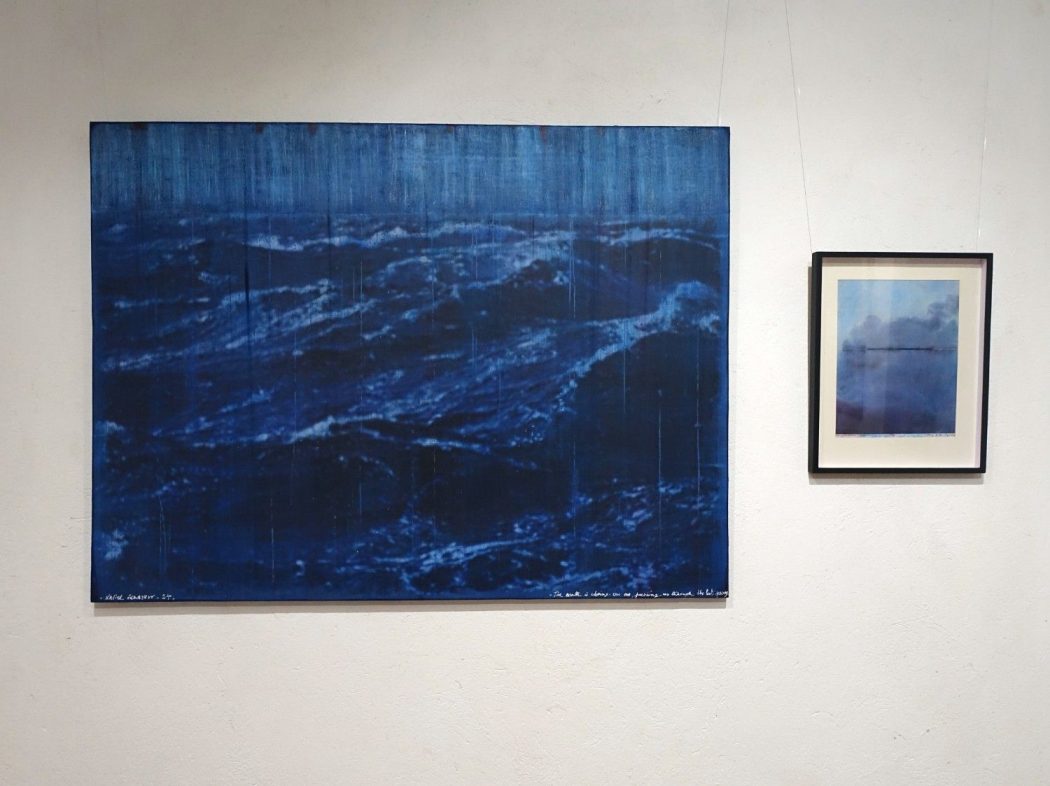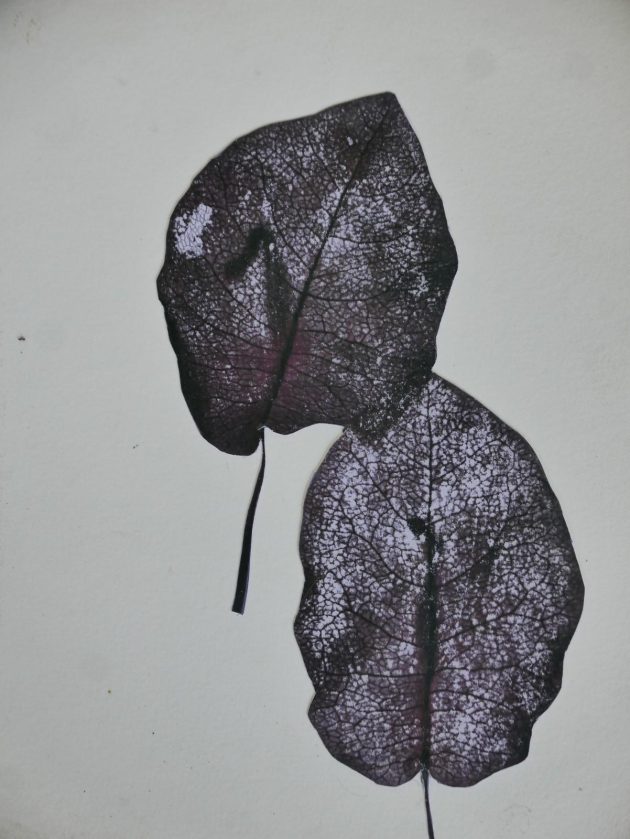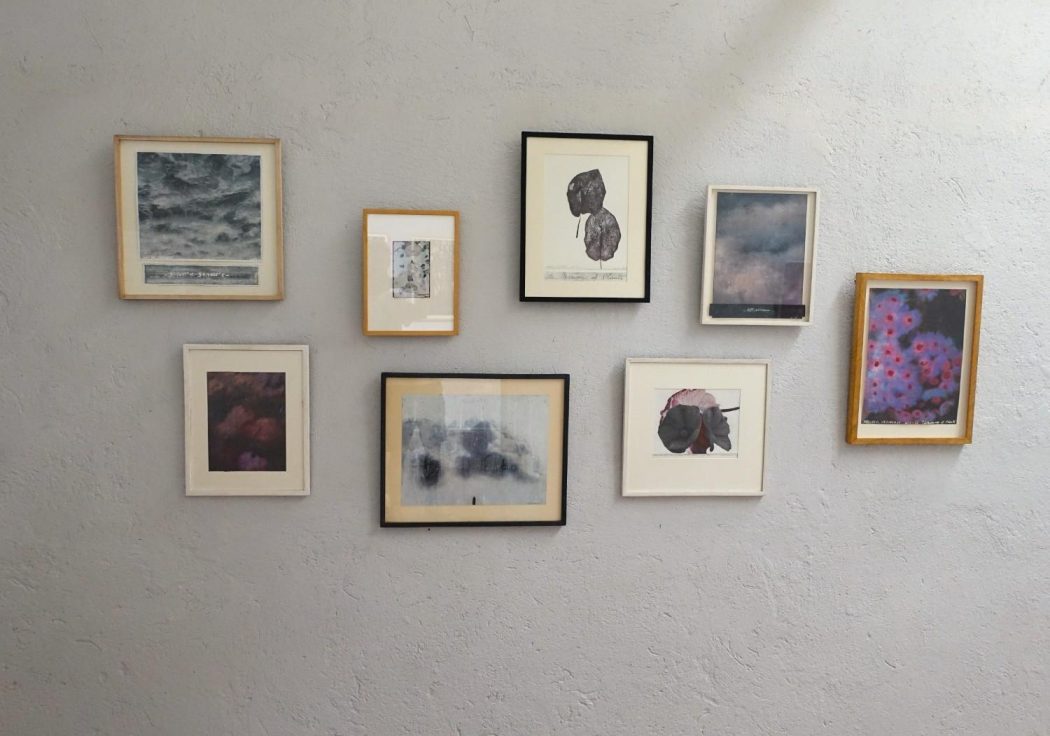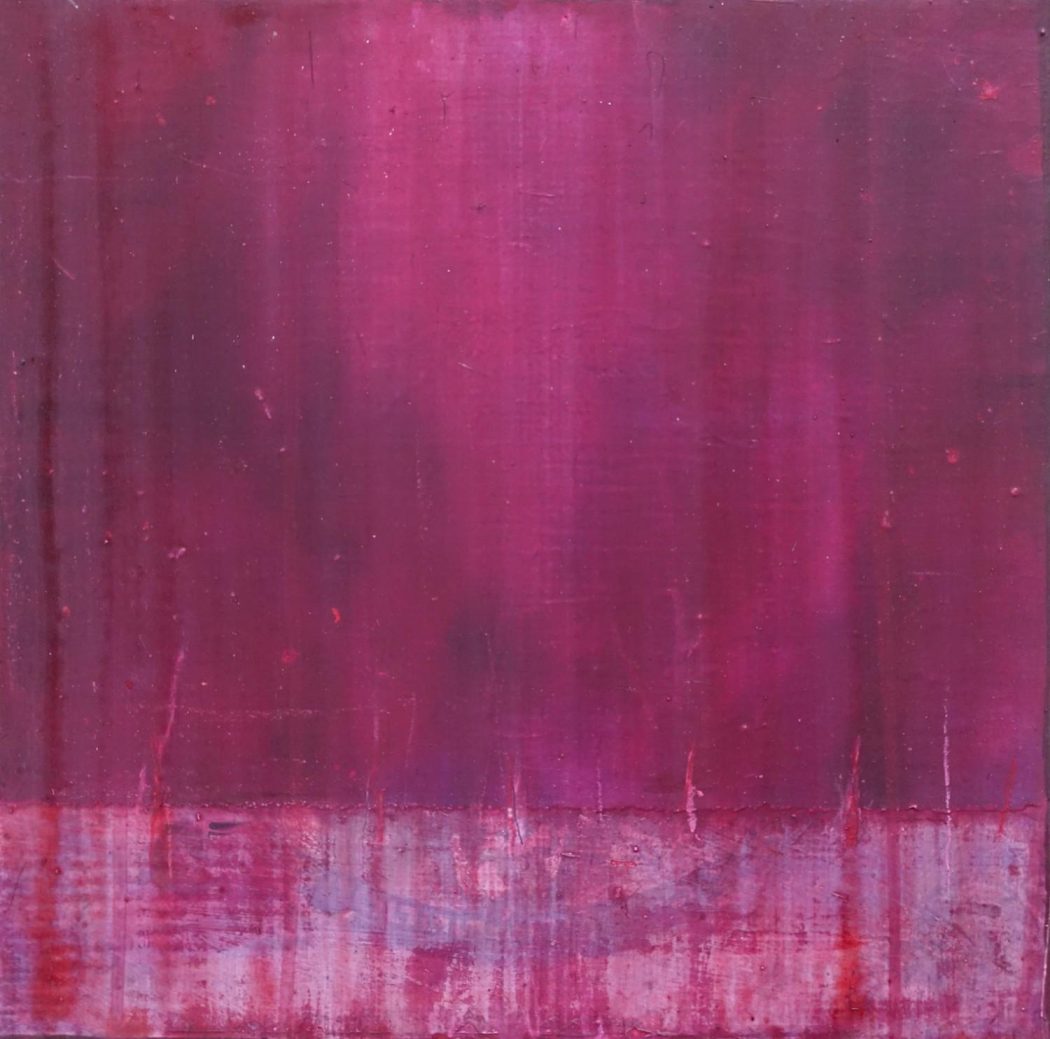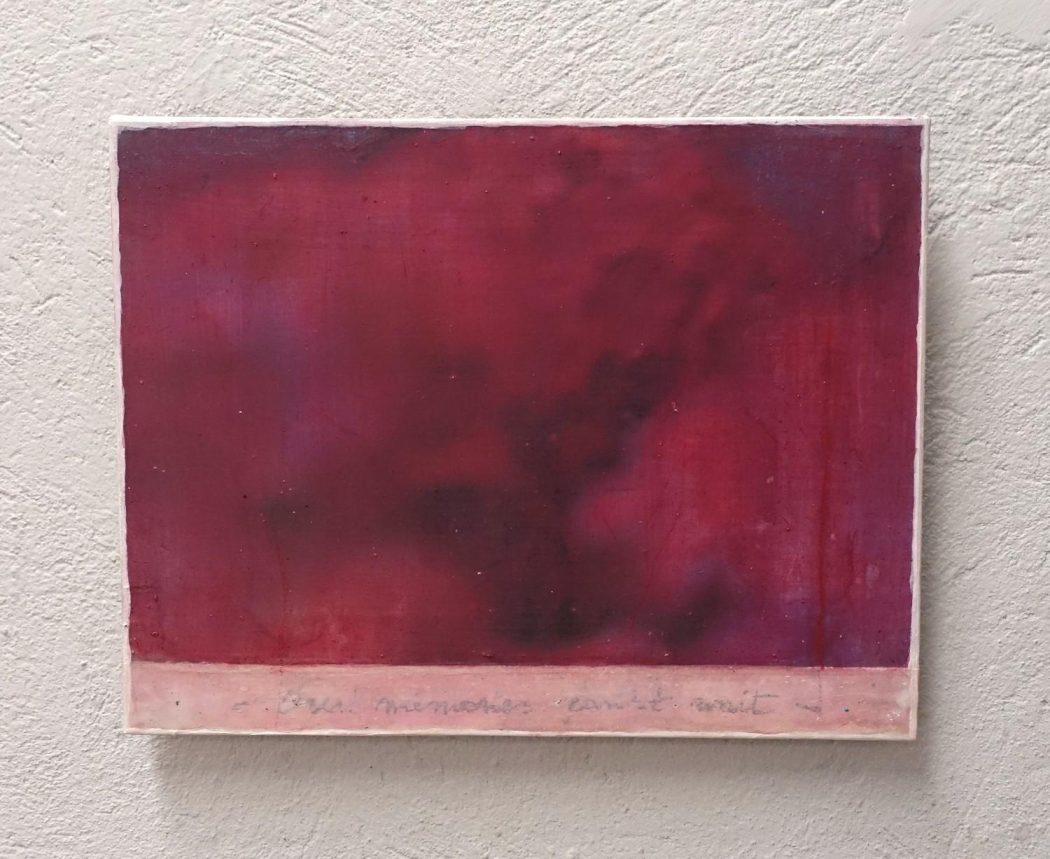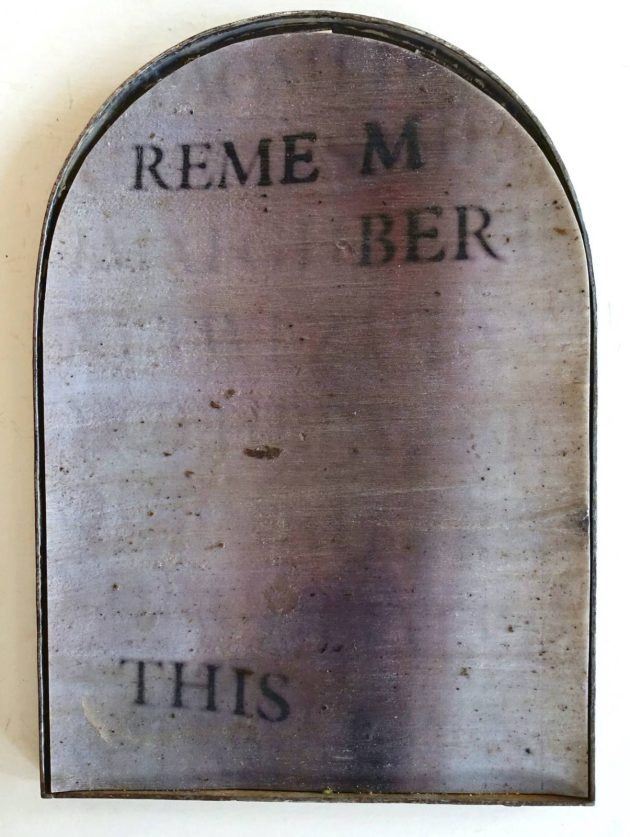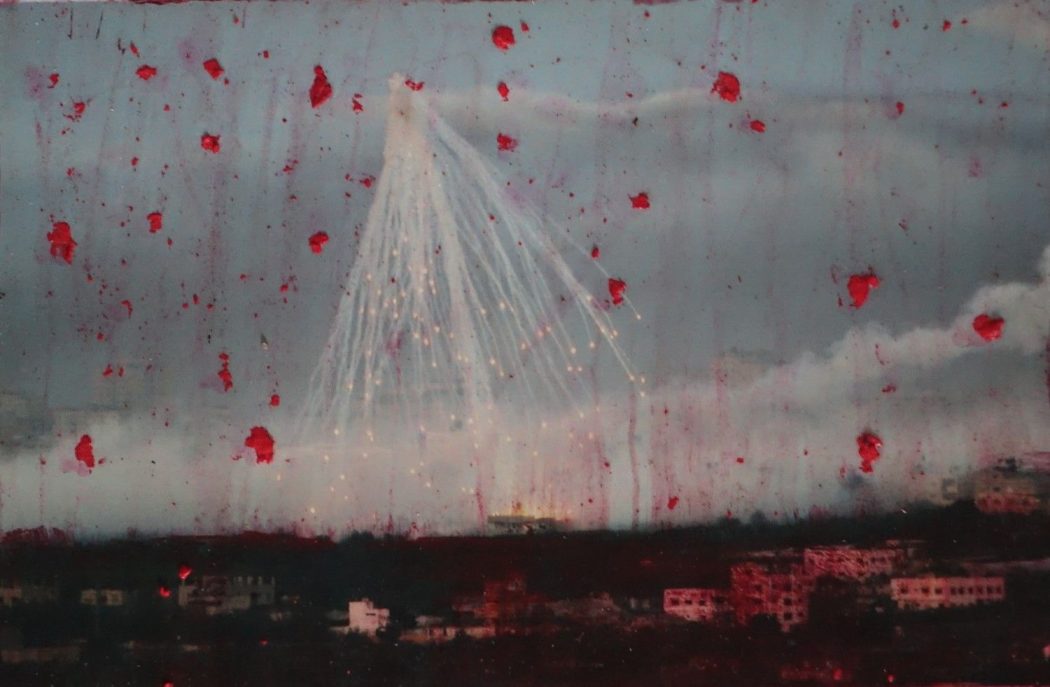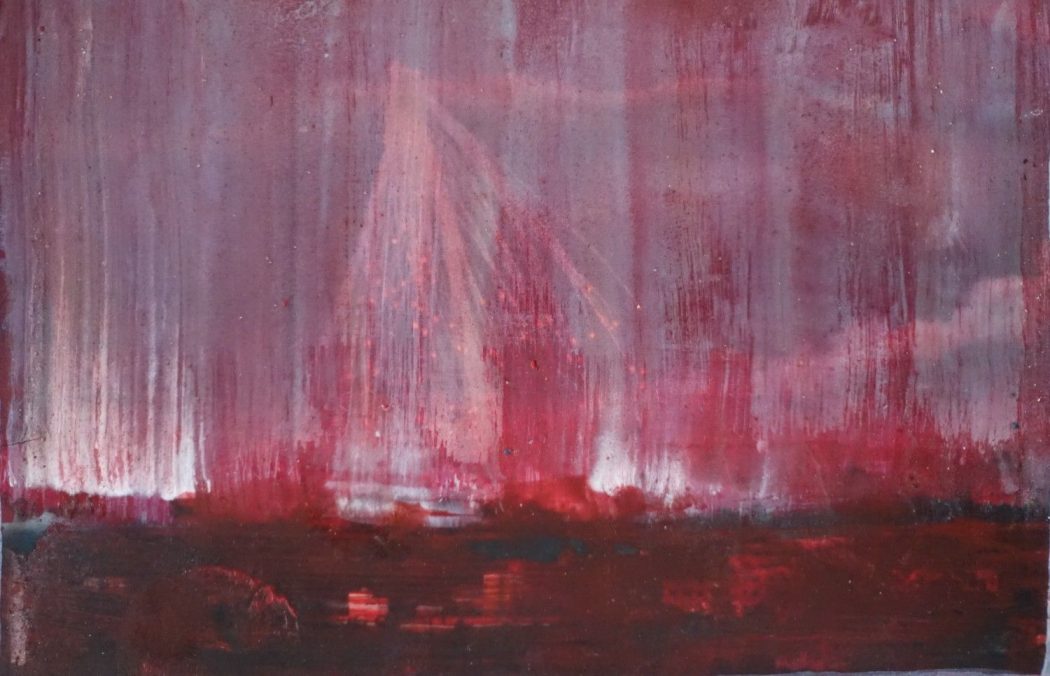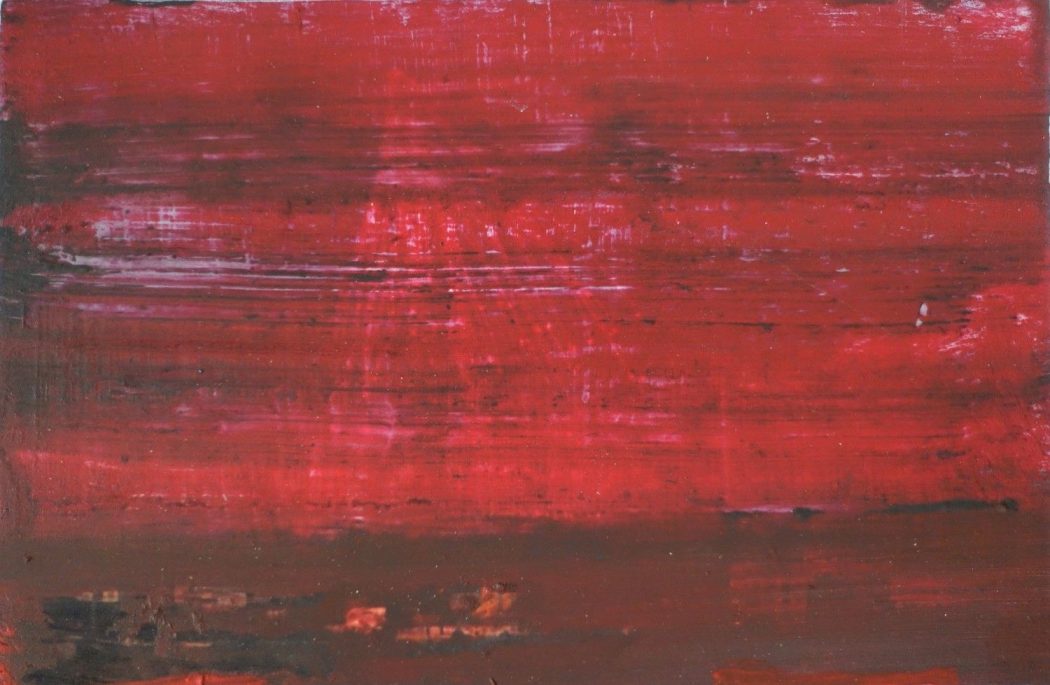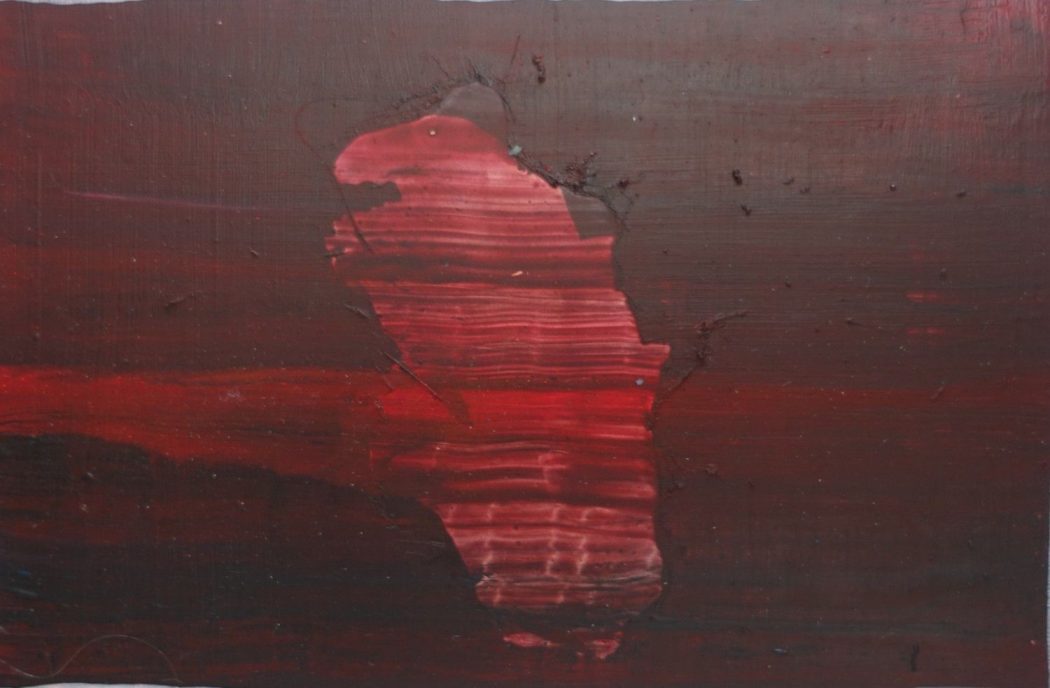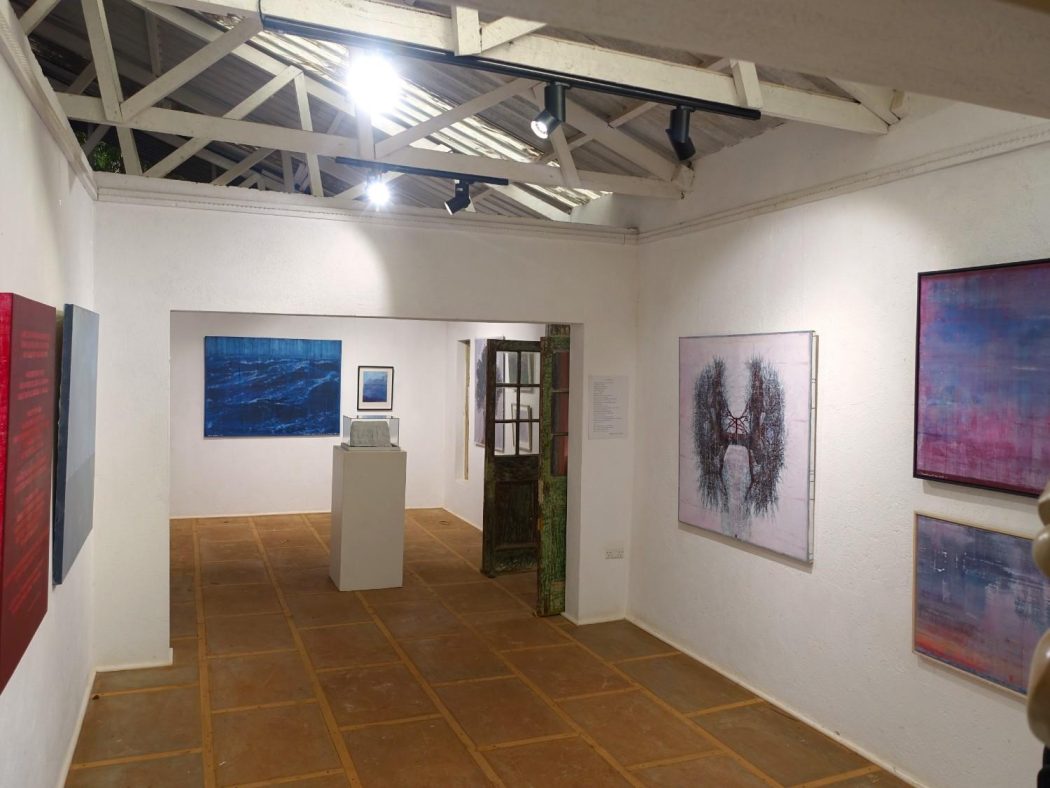Our Memories can’t wait (for Palestine), One Off Contemporary Gallery, 02 2024
On being Human
I have concluded that one way to pay tribute to those we loved who struggled, resisted and died is to hold on to their vision and their fierce outrage at the destruction of the ordinary life of their people.
It is this outrage we need to keep alive in our daily life and apply it to all situations, whether they involve Jews or non-Jews.
It is this outrage we must use to fuel our actions and vision whenever we see any signs of the disruptions of common life: the hysteria of a mother grieving for the teenager who has been shot; a family stunned in front of a vandalised or demolished home; a family separated, displaced; arbitrary and unjust laws that demand the closing or opening of shops and schools; humiliation of a people whose culture is alien and deemed inferior; a people living under military rule.
Because of our experience, we recognise these evils as obstacles to peace. At those moments of recognition, we remember the past, feel the outrage that inspired the Jews of the Warsaw Ghetto and allow it to guide us in present struggles.
Dehumanizing Palestinians and promoting Zionism’s occupation claims that it speaks for all Jews while causing death, pillage and war crimes that foster anti-Semitism in the local and global context are unacceptable.
Today, anti-Zionist Jews are increasingly harassed, marginalized and silenced by Zionist groups.
Zionism transforms Judaism into a playground tool to dehumanize Palestinians and promote its colonialist land occupation.
Jewish freedom is the key to Palestinian freedom.
Irena Klepfisz, a writer and child survivor of the Warsaw Ghetto, whose father spirited her and her mother out of the ghetto and then himself died in the ghetto uprising.
On Olive trees
Since 1967 more than 800 000 olive trees have been either uprooted or burnt to the ground by Israeli authorities or by illegal Jewish settlers under the supervision of the military in the Palestinian territories. Between August 2020 and 2021 only, more than 9 300 olive trees were destroyed in the West Bank.
About 100 000 families rely on the olive harvest. This includes more than 15% of working women. It also symbolizes the unwavering resilience against their living struggle under Israel’s military oppression and this is why they are destroyed.
Along the mountainous strip that runs from the Hebron Mountains in the south of the West Bank to the Galilee in the north of Israel, two contrasting landscapes now exist: deciduous olive groves and conifer pine forests. Each botanical group has its own symbolism: the olive trees signifying Palestinian culture, resistance, agrarian sovereignty and intergenerational tradition; the pines drawing upon historical narratives of the holy cornucopia, a symbol of abundance and production, characteristics of European civilised society.
Adam Broomberg
Under Siege (excerpts)
Here on the slopes of hills, facing the dusk and the cannon of time
Close to the gardens of broken shadows,
We do what prisoners do,
And what the jobless do:
We cultivate hope.
A country preparing for dawn. We grow less intelligent
For we closely watch the hour of victory:
No night in our night lit up by the shelling
Our enemies are watchful and light the light for us
In the darkness of cellars.
Here there is no “I”.
Here Adam remembers the dust of his clay.
You who stand in the doorway, come in,
Drink Arabic coffee with us
And you will sense that you are men like us
You who stand in the doorways of houses
Come out of our morning times,
We shall feel reassured to be
Men like you!
When the planes disappear, the white, white doves
Fly off and wash the cheeks of heaven
With unbound wings taking radiance back again, taking possession
Of the ether and of play. Higher, higher still, the white, white doves
Fly off. Ah, if only the sky
Were real [a man passing between two bombs said to me].
[To a killer] If you had contemplated the victim’s face
And thought it through, you would have remembered your mother in the
Gas chamber, you would have been freed from the reason for the rifle
And you would have changed your mind: this is not the way
to find one’s identity again.
Mahmoud Darwish
